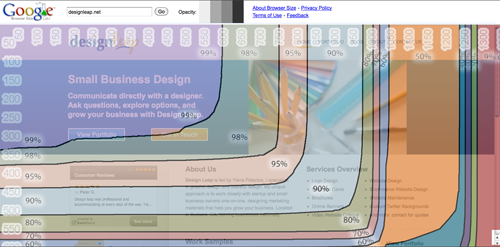Promote Your Website With Article Marketing
Small business owners have been using article marketing for decades, but the Internet and new Web 2.0 sites have really increased its potential and popularity. The principle behind article marketing is pretty simple: the idea is to promote your business and website by writing articles to be published as free content on other Internet sites. These articles promote your business by including a link back to your website and a brief bio about you and your business. Writing quality articles and submitting them for publication on other sites is an investment of your time, but one that can have real benefits for your small business website.
Benefits of Article Marketing
- Publishing articles on other websites will help you reach a broader audience—the more information you have on the Internet, the more likely it is that your target audience will find you.
- Writing high-quality articles related to your business is a great way to establish yourself as an expert in your field. People searching for information on the topic will read your articles and see that you know what you’re talking about, which will encourage them to check out your website for more information.
- Readers will come away from your articles with a positive impression of you and your business, since you’re providing them with useful and free information.
- Every article you write and publish will have a link back to your site, providing you with valuable backlinks that may improve your search engine ranking. Keep in mind that search engines like Google take into account the quality of the sites linking to yours; for this reason, try not to sacrifice quality for quantity. It’s probably to your advantage to focus on writing well-written and informative articles that high-quality sites will be happy to publish, even if this means you’ll end up with fewer articles overall.
Be Careful of Duplicate Content
Duplicate content is large blocks of text from different webpages that are identical or extremely similar. Google can penalize you for providing duplicate content by lowering your search ranking or completely removing your site from the Google index. These duplicate content penalties are part of Google’s effort to provide useful search results—they don’t want every search result to have basically the same content.
Duplicate content only results in penalties if Google believes your intent was to manipulate search rankings or deceive users. Submitting the same article for publication on multiple sites in order to promote your own website can be seen by Google as deception and result in penalties. Article marketing can be very effective in boosting your search rankings and increasing traffic to your small business website, but make sure to avoid duplicate content to ensure that your efforts don’t backfire.

![Reblog this post [with Zemanta]](http://img.zemanta.com/reblog_c.png?x-id=5b66a396-b857-49dc-a339-37dc52797b50)
![Reblog this post [with Zemanta]](http://img.zemanta.com/reblog_c.png?x-id=28a801e7-7d62-45c3-84d5-4e61272ce3ec)
![Reblog this post [with Zemanta]](http://img.zemanta.com/reblog_e.png?x-id=dc23fce4-0e03-4b0d-b227-013e114a4227)


 A lot of websites these days use blogging as a way to draw customers. Blogging means posting a fresh article to your site every day, every week, or at some other interval that makes sense to you. Blogs can be useful to customers who may check out your website regularly to find out new information related to your product, your service or your company. New customers may be led to your site using keyword searches or by following links from other sites that reference your site, or from links you embed in other articles on your website.
A lot of websites these days use blogging as a way to draw customers. Blogging means posting a fresh article to your site every day, every week, or at some other interval that makes sense to you. Blogs can be useful to customers who may check out your website regularly to find out new information related to your product, your service or your company. New customers may be led to your site using keyword searches or by following links from other sites that reference your site, or from links you embed in other articles on your website.